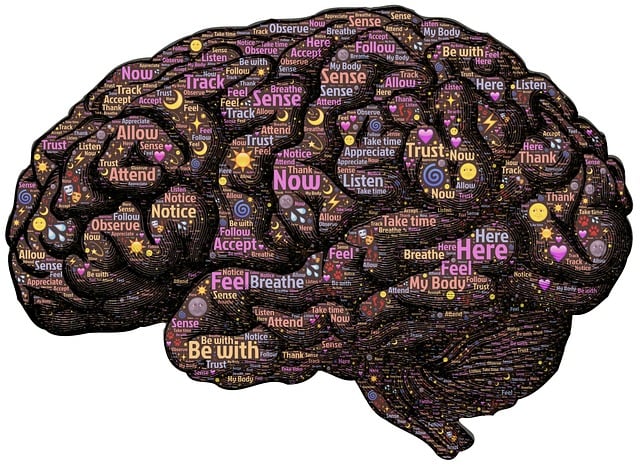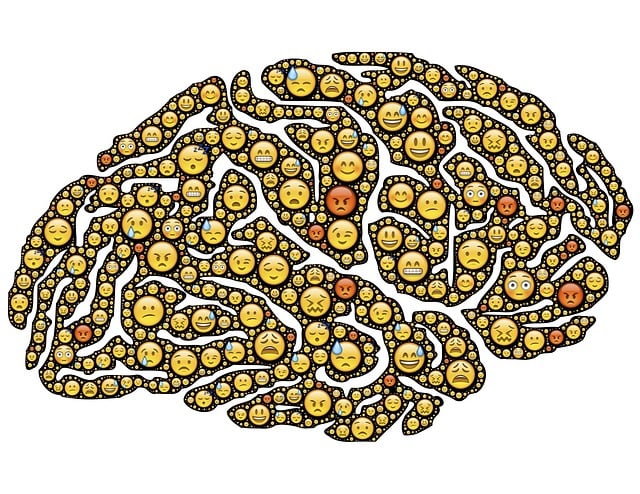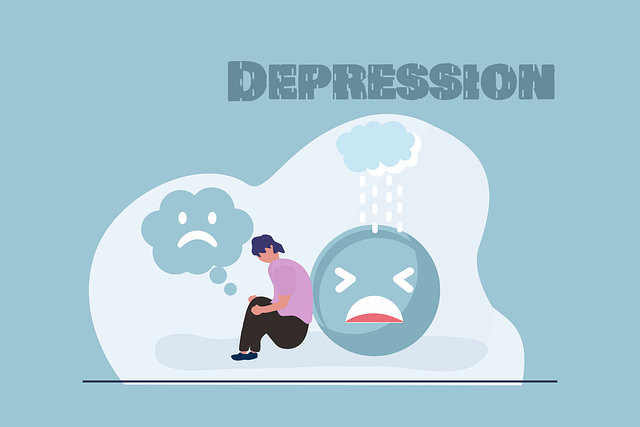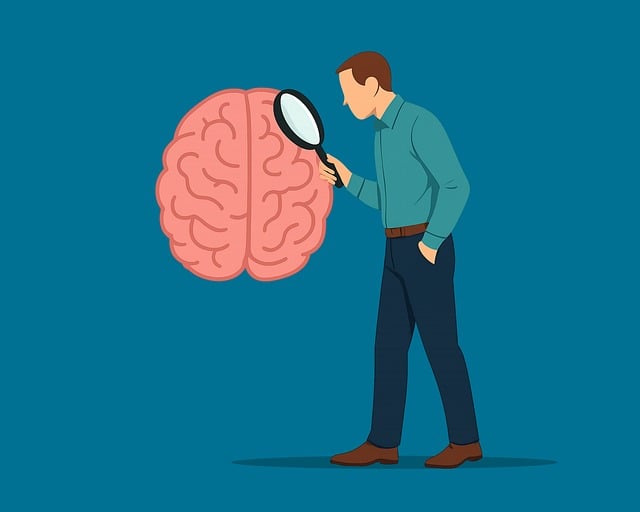Golden Anxiety Therapy offers a holistic approach to prevent depression by addressing anxiety and stress roots, enhancing self-awareness, compassion, and healthy lifestyle habits. This method includes mindfulness exercises, nutrition guidance (e.g., omega-3s, vitamins B & D), regular physical activity, sleep hygiene, strong social connections, and stigma reduction. By integrating these aspects, Golden Anxiety Therapy cultivates resilience against depressive episodes through comprehensive emotional regulation and mental health support.
Depression is a significant global health concern, but proactive strategies exist to prevent its onset. This article explores a holistic approach to mental well-being through three key areas: understanding Golden Anxiety Therapy, implementing lifestyle adjustments, and cultivating robust social connections. By delving into these sections, we uncover a comprehensive strategy that combines evidence-based practices with everyday habits to foster resilience against depression. Embrace a brighter outlook with these powerful prevention techniques, including the transformative potential of Golden Anxiety Therapy.
- Understanding Golden Anxiety Therapy: A Comprehensive Approach to Depression Prevention
- Lifestyle Adjustments for Mental Well-being: Diet, Exercise, and Sleep Hygiene
- Social Connections and Support Networks: Building a Fortress Against Depression
Understanding Golden Anxiety Therapy: A Comprehensive Approach to Depression Prevention

Golden Anxiety Therapy offers a comprehensive approach to depression prevention by focusing on addressing underlying anxiety and stress. This therapy goes beyond treating symptoms by emphasizing self-awareness exercises, compassion cultivation practices, and stress reduction methods. By cultivating a deeper understanding of one’s thoughts and emotions, individuals can develop healthier coping mechanisms, enhancing their resilience against depressive episodes.
The Golden Anxiety Therapy framework encourages individuals to embrace mindfulness, fostering a non-judgmental awareness of their internal experiences. Through regular practice, this heightened self-awareness enables people to recognize early warning signs of depression, allowing for prompt intervention. Moreover, compassion cultivation practices promote empathy and kindness towards oneself and others, counteracting the negative thought patterns that often contribute to depression.
Lifestyle Adjustments for Mental Well-being: Diet, Exercise, and Sleep Hygiene

Maintaining a healthy lifestyle is a powerful tool in the prevention and management of depression. Nutrition plays a significant role in mental well-being; incorporating nutrient-rich foods into your diet can positively impact mood and energy levels. Foods rich in omega-3 fatty acids, such as salmon and flaxseeds, are known to boost brain health and reduce symptoms of anxiety and depression. Similarly, ensuring an adequate intake of vitamins B and D is essential for stable moods and overall cognitive function.
Regular physical activity is another cornerstone of golden anxiety therapy. Exercise releases endorphins, often referred to as ‘feel-good’ hormones, which can alleviate stress and improve mood. Whether it’s a brisk walk, yoga session, or intense workout, finding an exercise routine that suits your preferences can significantly enhance mental resilience. Additionally, prioritizing sleep hygiene is crucial; consistent and sufficient sleep is vital for emotional regulation and cognitive function. Establishing a relaxing bedtime routine and maintaining a regular sleep schedule can go a long way in preventing depression and promoting overall mental health.
Social Connections and Support Networks: Building a Fortress Against Depression

Social connections and support networks play a pivotal role in depression prevention, acting as a powerful shield against the onset of this formidable mental health challenge. Strong social ties offer a sense of belonging and purpose, which are fundamental human needs. When individuals feel isolated or lacking in social support, they become more vulnerable to depression. Building and nurturing these connections can involve joining community groups, participating in hobbies with friends, or seeking professional help through therapy. Golden Anxiety Therapy, for instance, emphasizes the importance of cultural sensitivity in mental healthcare practice, fostering inclusive environments that encourage open dialogue and understanding.
Moreover, creating a robust support network involves effective communication and empathy. Encouraging loved ones to express their feelings without judgment creates a safe space, allowing individuals to share their struggles openly. Mindfulness meditation practices have also gained traction as valuable tools within these networks, promoting present-moment awareness and emotional regulation. Additionally, Mental Illness Stigma Reduction Efforts contribute significantly by fostering an atmosphere of acceptance and understanding, reducing the barriers that often prevent people from seeking help.
In conclusion, preventing depression involves a multi-faceted approach. Integrating practices like Golden Anxiety Therapy, which offers a comprehensive strategy for mental health, along with lifestyle adjustments such as diet, exercise, and sleep hygiene, can significantly boost resilience. Furthermore, building strong social connections and support networks acts as a robust shield against depressive episodes. By adopting these strategies, individuals can navigate life’s challenges more effectively and foster long-term well-being.














